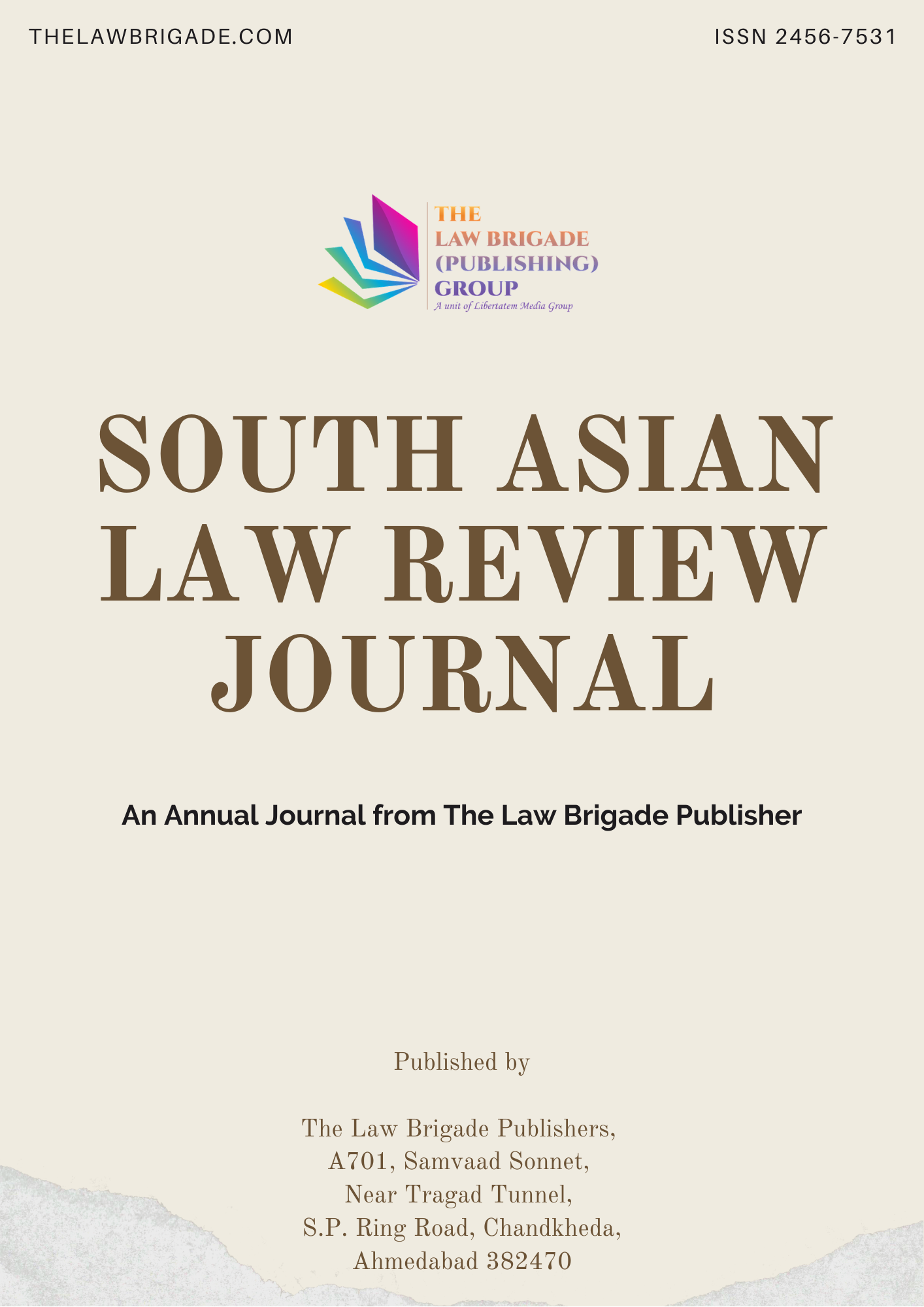Since the inception of the Mahatma Gandhi National Rural Employment Guarantee Act (MGNREGA), 2005, many scholars have carried out their research on the functioning, progress, and impact assessment of the Scheme and challenges and problems faced by the authorities in implementing the Scheme and beneficiaries. Moreover, the studies on socio-economic analysis have given greater importance in the form of social inclusion and assets creation. There is no doubt among the State and scholars about its success in reaching out to all the sections of the population. But the work carried out under this scheme is limited, it benefits either the community or individuals belonging to some section of the society only. In this context, the present study focuses on how the scheme can be taken forward to make it beneficial to the rural society in general and particularly the environment and the farmers. Further, the concept of the right to work is strongly impeded among the rural masses through this scheme, but how far the rural community benefitted and its impact on agriculture is researchable.
Against this background, the study is conducted in the four villages of the Bukkarayasamudram Mandal of Ananthapuramu district in Andhra Pradesh State. Totally 106 beneficiaries were selected by using a simple random sampling method and interviewed with a well-designed interview schedule. The information gathered through primary sources were processed and analysed through the SPSS package. The findings reveal that almost all the beneficiaries are aware of all the provisions of the MGNREG scheme, and the participation of the younger women and elderly men is higher in the area where this study has been conducted. The landless labourers got more benefits than the farmers. When compared to the community assets, the individual assets are more durable in nature because the Gram Sabha hardly conducts meetings with the people to discuss the works that are to be carried out in the village. Further, the beneficiaries reported that they are not sure of getting the wages as prescribed under the scheme, since wages are being paid on the basis of quantum of work and there will be a huge gap between the completion of the work and assessing the quantity of the work. Finally, the study concluded that the type of work undertaken under the scheme need to be evaluated and the importance of labour to agricultural work and social forestry needs to be emphasized in the area under study.





